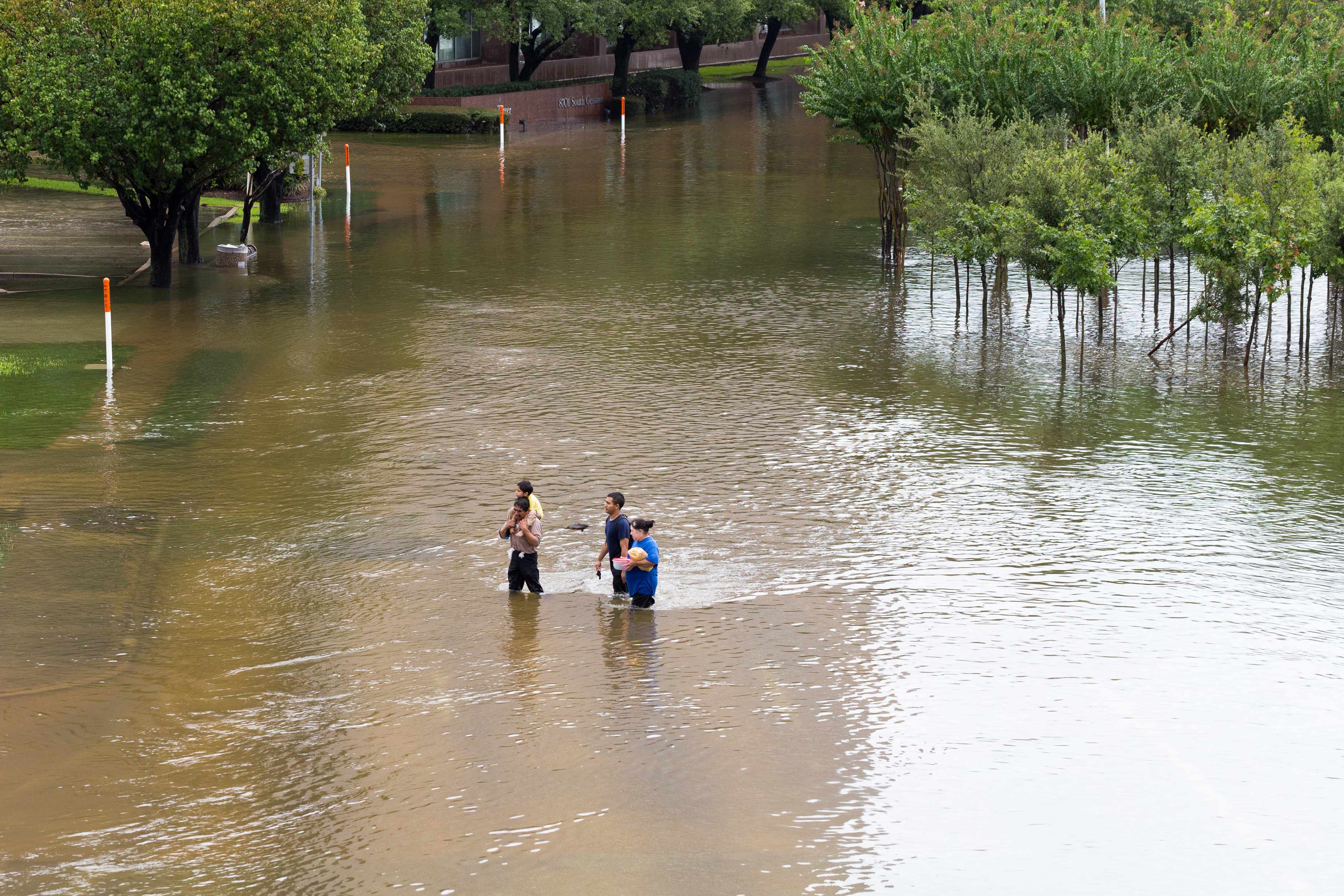-
Infectious Diseases A-Z: Mosquitoes after the hurricanes

Standing water left by the recent hurricanes is expected to bring an increase in mosquito populations over the coming weeks. Aedes aegypti, the mosquito linked to Zika virus, lays its eggs in and around standing water.
"After any sort of flooding event, we can run into issues of stagnant water and insect-borne diseases," says Dr. Pritish Tosh, an infectious diseases specialist with Mayo Clinic."In Florida and in the southern parts of Texas, we’ve actually seen endemic Zika virus. Now, thankfully, there haven’t been any locally acquired Zika infections for quite some time in both locations. But I worry about in the aftermath of these hurricanes that you can have more standing water and more breeding grounds for these mosquitoes. And, potentially, we may see resurgence of some of these diseases. Not just Zika, but potentially other types of tropical mosquito-borne infections that occasionally we see in the southern parts of the U. S. such as dengue fever."
Watch: Dr. Pritish Tosh discusses mosquitoes after the hurricanes.
Journalists: Broadcast-quality sound bites are in the downloads.
"Remove standing water whenever possible," says Dr. Tosh. "Turn over anything that has standing water once the floodwaters recede. That should keep these mosquito breeding grounds at bay and prevent people from getting mosquito-borne infections."
The Centers for Disease Control and Prevention (CDC) says the best way to protect yourself from mosquito-borne disease is prevention.
- Wear insect repellent.
- Wear long-sleeved shirts and long pants.
- Keep mosquitoes from entering your home.







